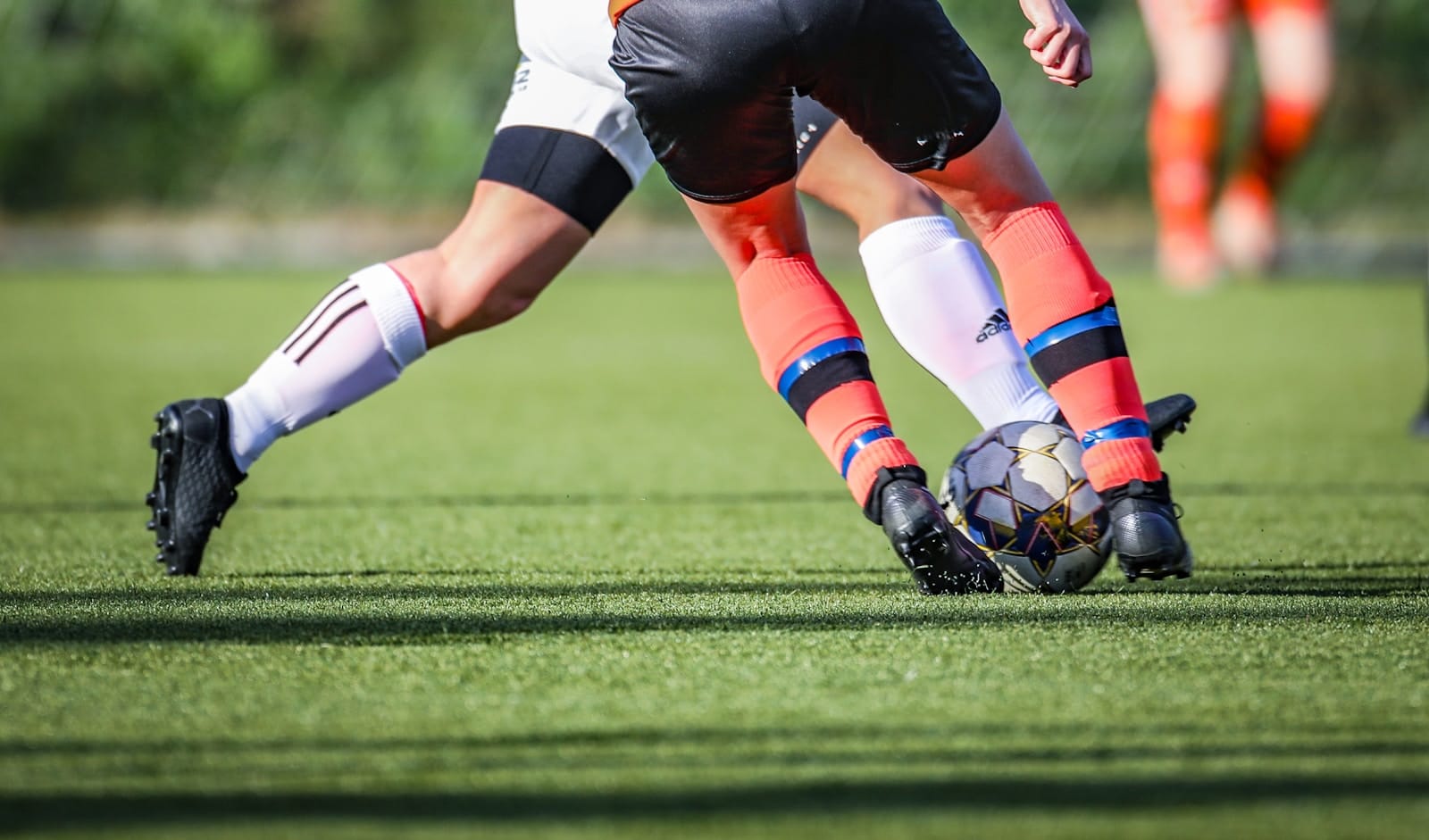Concussions have become a growing concern in soccer, with players facing a higher risk of experiencing these types of injuries. Recent studies have explored the potential effects of concussions on the muscles surrounding the knee joint, which may persist even after athletes have been given the green light to return to the game. These lingering issues can increase the likelihood of players sustaining other injuries, especially those involving the knee.
A new study examined the properties of knee joint muscles in soccer players who had previously suffered from concussions. Using a technique called tensiomyography (TMG), which measures the electrical activity and stiffness of muscles, researchers compared the function of knee joint muscles between a group of soccer players with a history of concussions and a healthy group without such a history.
The results showed notable differences in the muscle properties of the knee extensors, the muscles responsible for straightening the knee, between the concussion and control groups. Soccer players who had experienced concussions displayed longer contraction times and less muscle movement, suggesting changes in muscle control and increased muscle stiffness. These findings indicate that concussions may lead to abnormal knee function, potentially raising the risk of future knee injuries.
The study emphasizes the importance of thoroughly evaluating and managing concussions in soccer. Current guidelines for allowing players to return to the game may not adequately address the subtle changes in brain function and muscle control that can linger after a concussion. Although not easily detected by standard tests, these impairments can create a “window of vulnerability” to other injuries when athletes resume playing.
Developing and implementing effective exercise and rehabilitation programs that focus on restoring muscle control and coordination in the knee joint is essential to reduce the risk of subsequent injuries. These programs should be customized to target the specific issues identified through techniques like TMG and include strategies that successfully reduce the risk of ankle sprains and ACL tears.
Moreover, the findings highlight the need for further research to understand better the long-term effects of concussions on muscle function and the duration of the “window of vulnerability” to other injuries. By expanding our knowledge in this area, we can improve concussion management protocols and return-to-play guidelines to ensure the safety and well-being of all soccer players.
The impact of concussions on knee joint muscles in soccer players is a significant concern that demands attention from sports medicine professionals, coaches, and athletes. By prioritizing comprehensive evaluation, targeted rehabilitation programs, and ongoing research, we can work towards reducing the risk of subsequent injuries and promoting the long-term health and performance of soccer players.
At Columbia Pain Management, we understand the evolving science of pain and provide innovative treatments to help you reclaim your life. If you’re trapped by unrelenting pain, our experts guide you toward healing and fulfillment. Call 503-654-5636 or 541-205-0173 to schedule an appointment. We’re committed to helping you find relief and improve your quality of life. Let us assist you in taking the first step toward a pain-free life.

